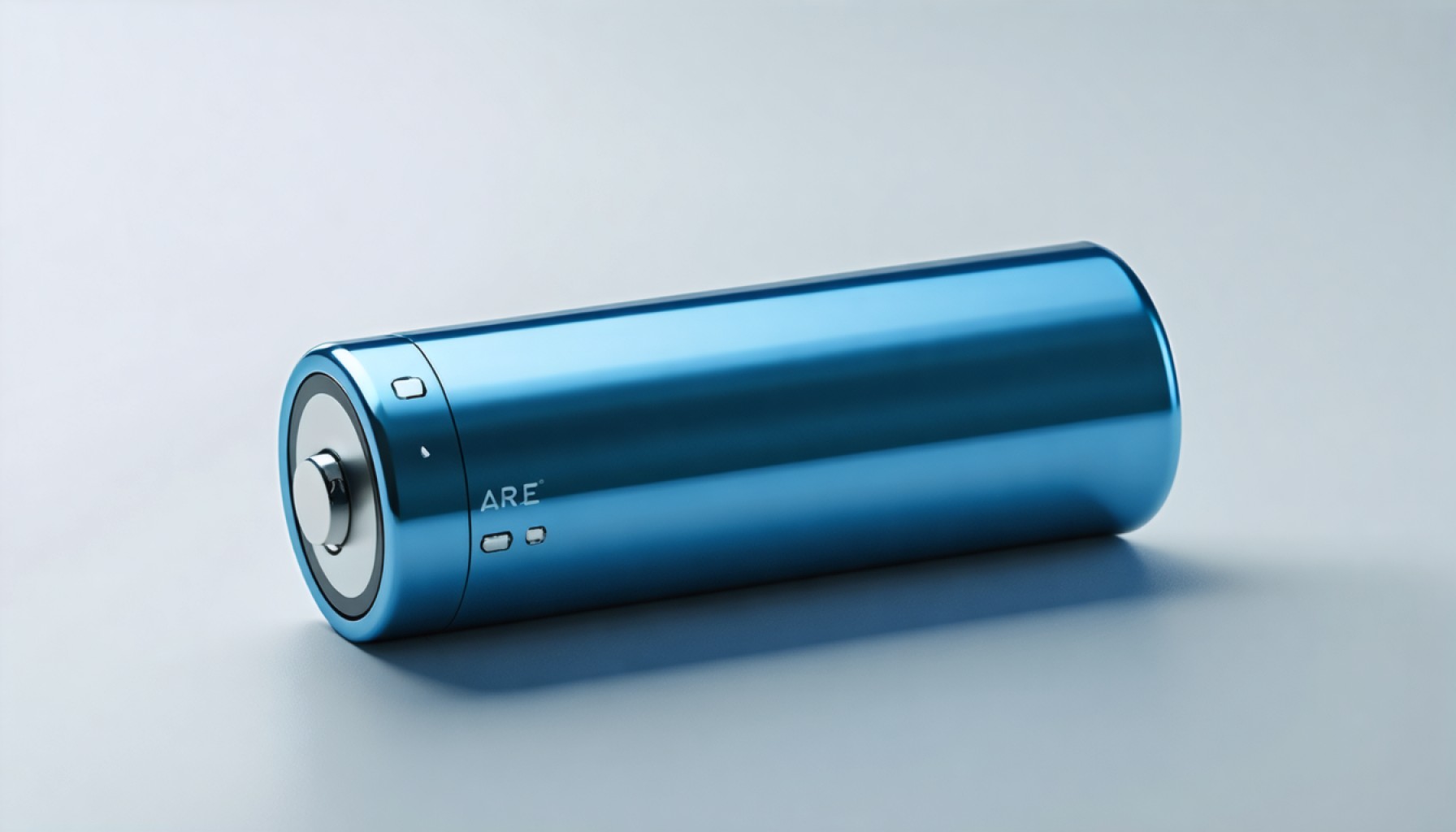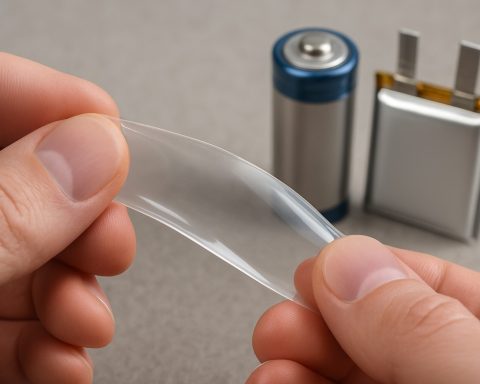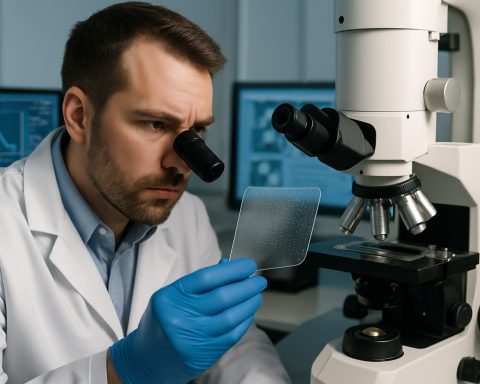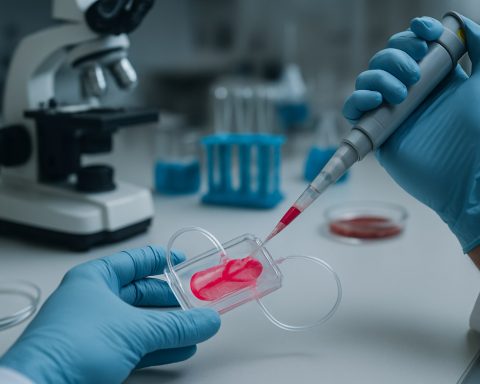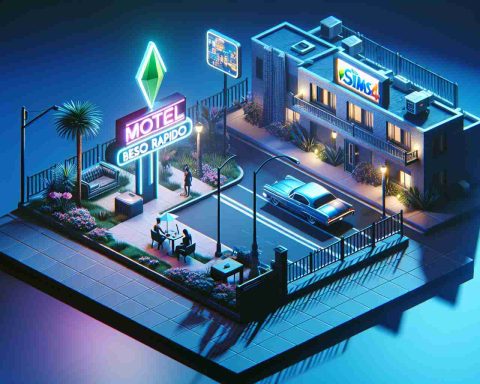- CATL, a leading EV battery manufacturer, is advancing innovations that could transform electric vehicle technology.
- The company is launching sodium-ion batteries, which are cost-effective and safer, aimed at mass production by December.
- Second-generation Shenxing batteries promise rapid charging, providing 320 miles of range in just five minutes.
- Sodium-ion batteries perform well in extreme cold, targeting freight trucks in China’s frigid regions.
- CATL powers 67 new EV models with Shenxing batteries, expanding its market influence.
- The firm tackles challenges such as trade tariffs and political issues but maintains strong industry partnerships.
- CATL’s advancements signal a new era for accessible, efficient, and resilient electric vehicles.
A dramatic shift in electric vehicle technology is gathering momentum on the horizon, paced by China’s Contemporary Amperex Technology Company Ltd (CATL), a colossus in EV battery manufacturing. This innovation giant is set to unleash technologies that promise to revolutionize how we see and drive electric vehicles. Imagine electric cars that are not only cheaper and quicker to recharge but also reliable in the dead of winter and capable of covering greater distances. It almost sounds like science fiction, but CATL’s recent announcements are proving that the future is now.
Watchful eyes from around the globe turned towards CATL this week as they launched Naxtra, a brand rooted in the promise of sodium-ion batteries. These batteries, distinguished by their cost-effective and abundant raw material—sodium, stand at the precipice of mass production by December. This innovation symbolizes not only a breakthrough in material science but also a newfound flame in the fervor for safer battery options, potentially birthing a new era where electric vehicles are not vulnerable to fires.
But sodium-ion is merely the beginning. Delving deeper, CATL showcases the second-generation Shenxing battery—an engineering marvel that slashes charging times dramatically. Visualize gaining an additional 320 miles of range in just five fevered minutes. It seems almost unfathomable, but CATL engineers have broken the barriers of what was once thought possible. As these batteries gain traction, the landscape of battery technology, currently dominated by lithium iron phosphate (LFP) solutions, faces an evolutionary crossroads.
In an icy twist, sodium-ion batteries perform robustly in extreme cold—a quality not to be overlooked by China and its many frigid provinces. CATL has leveraged this advantage, aiming the batteries first at freight trucks in northeast China’s bitter winters. These batteries embody a clear response to the icy grip that has long posed challenges to electric vehicle efficiency. This marks a significant stride in making EVs not just a southern luxury but a nationwide staple.
Amid these advances, CATL has not only expanded its technical repertoire but has also strengthened its market hold, powering 67 new EV models with its trailblazing Shenxing batteries. This might be CATL’s most striking legacy yet: a complete reimagining of the electric vehicle’s heart and soul.
However, the road ahead isn’t without bumps. CATL continues to navigate challenges, including trade tariffs and political spats, that threaten to darken their profit horizon. Yet, CATL, with its monumental production capacity and far-reaching partnerships—from General Motors to Tesla’s Shanghai plant—stands resilient, committed to redefining the electric vehicle narrative.
As we witness this electrifying evolution, the takeaway for consumers and industry alike is clear: the halcyon days of electric vehicle technology are upon us. The strides taken by CATL herald a paradigm shift, turning dreams of accessible, efficient, and resilient electric transport into reality, one supercharged battery at a time.
The Future of EVs: How CATL’s Innovations Will Transform the Electric Vehicle Landscape
Exploring CATL’s Revolutionary Battery Technology
Sodium-Ion Batteries: A Cost-Effective Alternative
The rise of sodium-ion batteries spearheaded by Contemporary Amperex Technology Company Ltd (CATL) represents a monumental shift in the electric vehicle (EV) industry. The Naxtra brand of sodium-ion batteries highlights a remarkable cost reduction strategy due to the abundance of sodium compared to lithium. This will likely decrease the overall cost of EVs, making them more accessible to a broader audience. Furthermore, sodium-ion batteries provide an enhanced safety profile by reducing the risk of fires, a significant safety concern with current battery technologies.
Performance in Extreme Climates
One standout feature of sodium-ion batteries is their robust performance in cold temperatures. EVs traditionally struggle in cold climates due to reduced battery efficiency, but CATL’s sodium-ion technology offers a solution. These batteries are slated for initial use in freight trucks in northeast China, where winter conditions are severe. This strategic deployment signifies CATL’s commitment to expanding the usability of EVs beyond temperate regions, making electric transportation viable nationwide.
CATL’s Second-Generation Shenxing Battery
Ultra-Fast Charging Capabilities
The second-generation Shenxing battery by CATL introduces the ability to add an impressive 320 miles of range in just five minutes. This addresses one of the primary consumer concerns: long charging times. Fast charging capabilities are likely to encourage wider EV adoption, as they provide convenience comparable to refueling a gasoline vehicle.
Impact on the Current Battery Market
The technological advancements by CATL present a direct challenge to lithium iron phosphate (LFP) batteries, which currently dominate the market. With improved charging times and cold-weather performance, the Shenxing and sodium-ion batteries could become the new industry standard, prompting other manufacturers to innovate further.
Real-World Use Cases and Market Influence
Partnerships with Major Auto Manufacturers
CATL’s partnerships with industry giants like General Motors and Tesla fortify its market position. By supplying advanced battery technologies to these prominent automakers, CATL is effectively setting the standard for future EV models and driving industry-wide adoption of their innovations. Consequently, we can expect an upsurge in new EV models equipped with these cutting-edge batteries, diversifying the market offerings.
Global Expansion and Production Capacity
CATL’s monumental production capacity and strategic partnerships ensure that its innovations can be implemented on a global scale. This expansion is crucial for meeting the growing demand for EVs, particularly in Europe and North America, where environmental regulations and consumer interest in sustainable transport are on the rise.
Challenges and Future Predictions
Navigating Geopolitical Tensions
While CATL’s innovations are groundbreaking, the company faces challenges, including trade tariffs and geopolitical tensions, particularly concerning raw material sourcing and international trade policies. Addressing these challenges will be critical to CATL’s sustained growth and technological leadership.
Sustainability and Environmental Impact
The shift to sodium-ion batteries also presents a more sustainable option for the EV industry. With sodium being more readily available and environmentally benign compared to lithium, this transition could significantly reduce the environmental footprint of battery production.
Actionable Recommendations
For consumers considering an electric vehicle, the advancements made by CATL suggest that waiting for upcoming models featuring sodium-ion or Shenxing batteries could be beneficial. These models are likely to offer significant improvements in cost, efficiency, and usability in various climates.
Conclusion
CATL’s advancements in battery technology are not only reshaping the EV landscape but also driving the industry toward a more sustainable and accessible future. By continuing to monitor CATL’s progress and the broader market trends, stakeholders can make informed decisions, whether they are potential EV buyers, investors, or industry participants.
For more information on CATL and their technological innovations, visit their official website: CATL.

